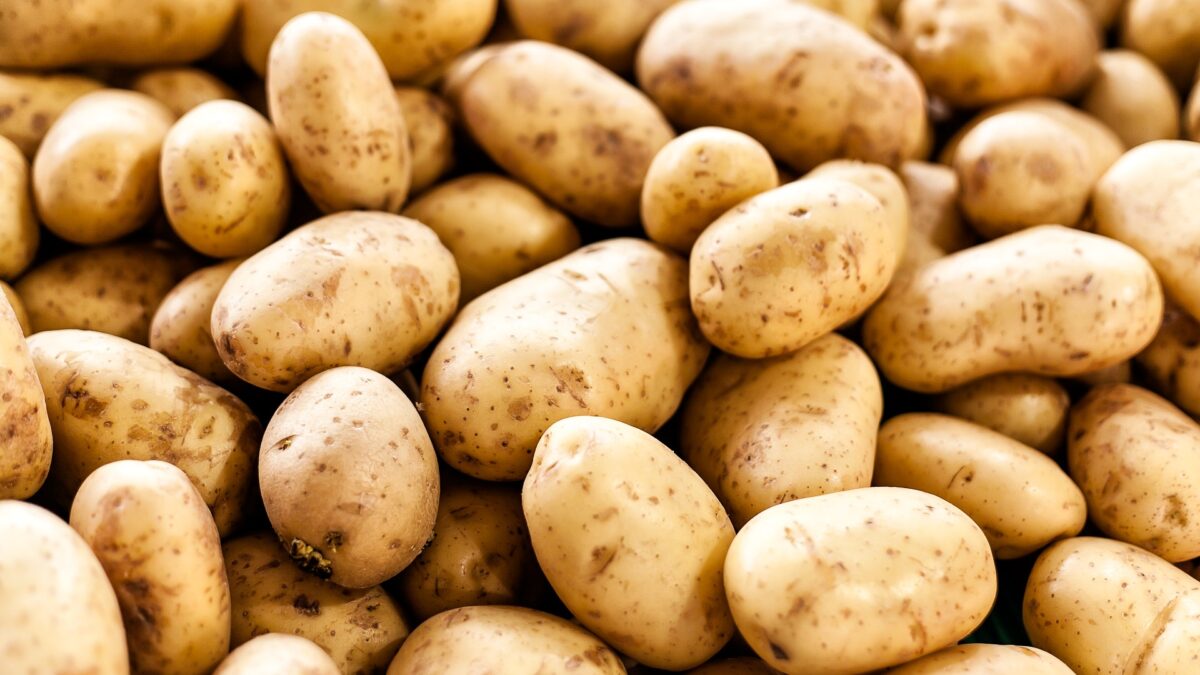
Zambia, like many countries, is facing a shortage of potatoes, resulting in a significant increase in market prices for this staple crop. Fruit & Veg Traders Association President Bernard Sikunyongana confirmed that the deficit is estimated to be around 3,000 tons for the past month, leading to the decision to allow for the importation of chilled potatoes from mid-March to mid-April 2023. A review meeting is scheduled to be held at the end of this period to assess the situation.
The demand for potatoes in Zambia and the surrounding regions has been on the rise, with increased consumption of chips and potatoes during meals. Sikunyongana highlighted that as a country, Zambia produces enough potatoes to meet its own demand of about 80,000 tons. However, the recent investments in frozen or chilled potato processing plants by companies like Buya Bamba have opened up export opportunities to countries like Congo DR and Kenya, leading to increased demand and reduced availability in the local market.
A random check by Zambian Business Times (ZBT) in key cities such as Lusaka, Kitwe, Ndola, and Livingstone revealed that the availability of potatoes has reduced, and prices have gone up, indicating the severity of the shortage. This shortage has prompted calls for urgent measures to address the issue and ensure that the growing demand for potatoes can be met in a sustainable manner.
Zambian farmers have been urged to consider venturing into potato farming, with large-scale processors like Buya Bamba encouraged to engage local and citizen farmers as out-growers to meet the regional and export demand. Availability of potato seeds in Zambia provides an opportunity for farmers to invest in potato production and contribute to alleviating the current shortage. Additionally, efforts can be made to promote sustainable potato farming practices, including proper use of inputs such as fertilizers, water, and pest control methods, to enhance productivity and reduce losses.
It is essential to recognize the economic significance of potatoes in Zambia, not only as a source of food but also as a potential export commodity. The growing demand for chilled and frozen potatoes in the region presents an opportunity for Zambian farmers to tap into lucrative markets and contribute to the country’s economic growth. However, addressing the current shortage will require collaborative efforts among farmers, processors, traders, and policymakers to ensure sustainable production, fair pricing, and reliable supply chains.
In conclusion, the emergence of a potato shortage in Zambia has raised concerns about the availability and affordability of this essential crop. Urgent measures are needed to address the issue and ensure that the growing demand for potatoes can be met sustainably. This includes encouraging local farmers to venture into potato farming, promoting sustainable farming practices, and fostering collaborations between stakeholders in the potato value chain. With strategic interventions, Zambia can overcome the current shortage and harness the economic potential of the potato industry for the benefit of its farmers and consumers alike.


















